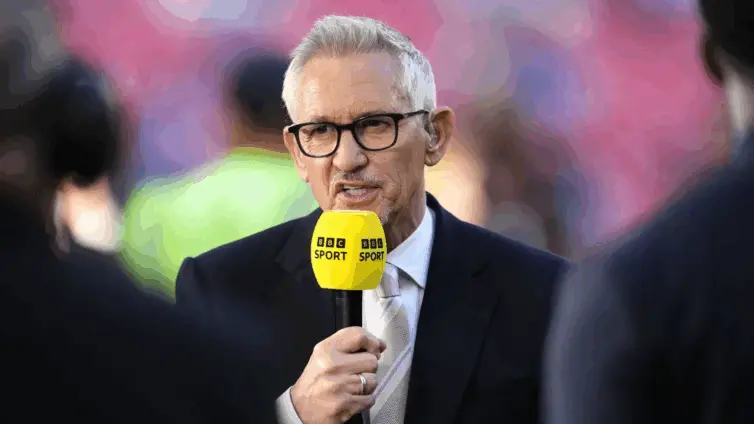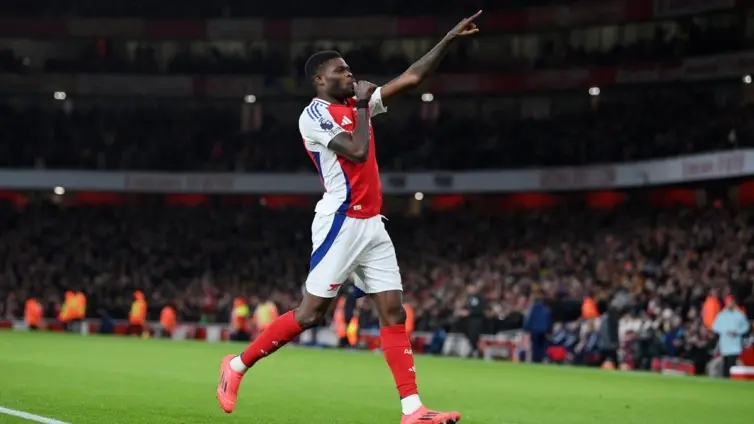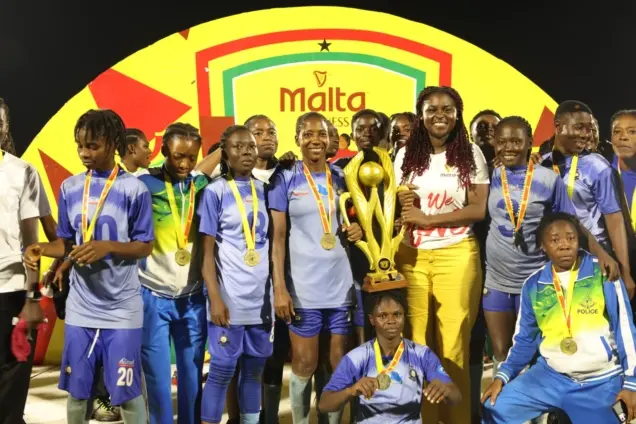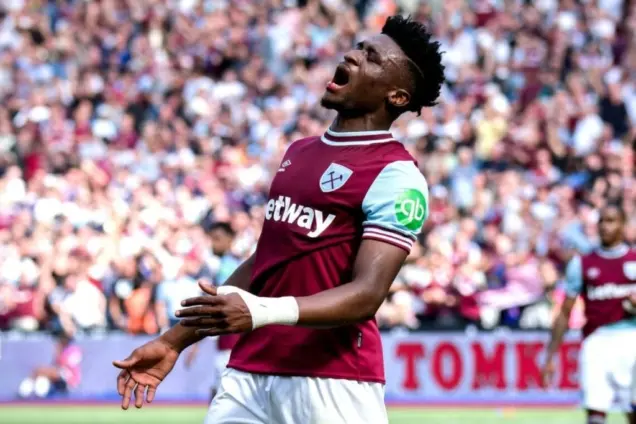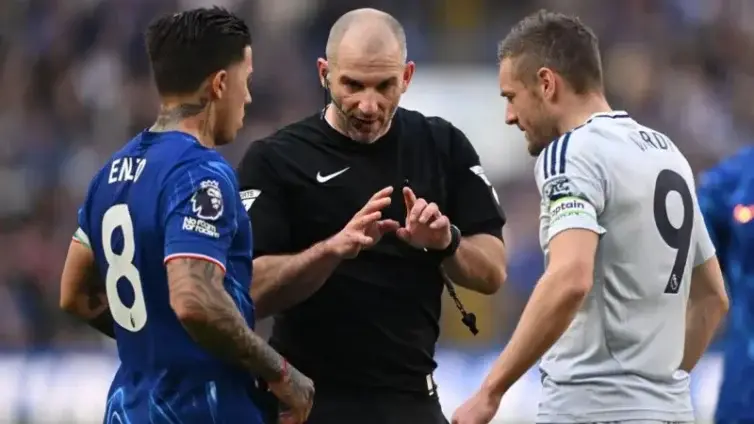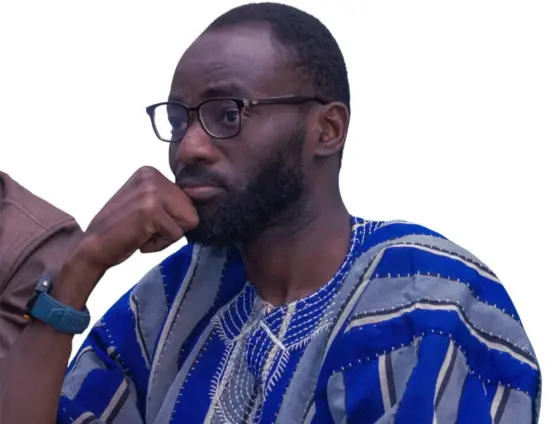The departure of Gary Lineker from the BBC marks a pivotal moment, highlighting the increasing complexities of navigating social media while adhering to traditional media standards. A celebrated football presenter with a substantial salary, Lineker’s evolution into a more vocal social media presence ignited tensions with BBC leadership, ultimately culminating in his exit. This situation prompts a deep dive into the balancing act between personal expression and the BBC’s long-held commitment to impartiality, drawing from recent analysis of this ongoing media controversy. The core of the issue lies in how a public figure, known for his role in sports broadcasting, utilizes platforms like Twitter to share opinions on sensitive political and social issues.
Lineker’s transformation from football host to social commentator wasn’t sudden, but it steadily became a source of concern for BBC management. While the BBC acknowledged and valued Lineker’s contributions as a presenter, his social media activity increasingly presented a reputational challenge. The fundamental conflict arose from the inherent tension between expressing personal opinions on social media and upholding impartiality, a cornerstone principle for BBC presenters. The question became: Where does one draw the line between free speech and the responsibility to maintain public trust in an unbiased broadcaster?
Examples of Lineker’s social media activity that drew scrutiny include his reposting of a video deemed to have anti-zionist messaging and, more notably, his comparison of government asylum policy to 1930s Germany. This particular incident sparked considerable backlash, forcing the BBC to temporarily remove him from his presenting duties. According to one report, “*He seemed unable or unwilling to accept that his high profile might prevent him from voicing strongly-held views that many believed had an impact on the BBC’s need for impartiality.*” This encapsulates the crux of the issue: Lineker’s high profile amplified the impact of his statements, potentially compromising the BBC’s reputation.
The BBC’s stance on social media conduct reflects its broader strategy of reputation management. The corporation’s position was about reputational risk. Previous social media incidents involving other BBC personalities had already, in the eyes of BBC bosses, caused damage to the corporation. The BBC has a history of trying to avoid these issues; for example, there was a pulled documentary about Gaza after the child narrator was discovered to be the son of a Hamas official.
Reports suggest Lineker feels regret over the recent incidents that led to his departure. He has reportedly expressed contrition, particularly regarding his reposting of the controversial video. Sources indicate he was “mortified” by the situation. However, Lineker is also a successful podcast entrepreneur, hosting a popular football podcast. Speculation surrounds his future television appearances, with some suggesting he may appear on other networks, even potentially presenting the World Cup for a rival broadcaster.
We live increasingly in an age when people want to express their opinions, and often do, especially on social media. High-profile media figures have huge followings. Navigating this landscape presents unique challenges, especially for those affiliated with organizations that prioritize impartiality. The balance between freedom of speech and the responsibilities of public figures is a subject of ongoing debate. Public figures must consider the potential consequences of their online activity, recognizing that their words carry weight and can impact their professional lives and the reputations of the organizations they represent.
Ultimately, Gary Lineker’s exit from the BBC highlights the complex challenges faced by public figures in the digital age. The controversy underscores the ongoing debate about free speech, responsibility, and the evolving role of media personalities in the modern landscape.
Image Source: MYJOYONLINE

